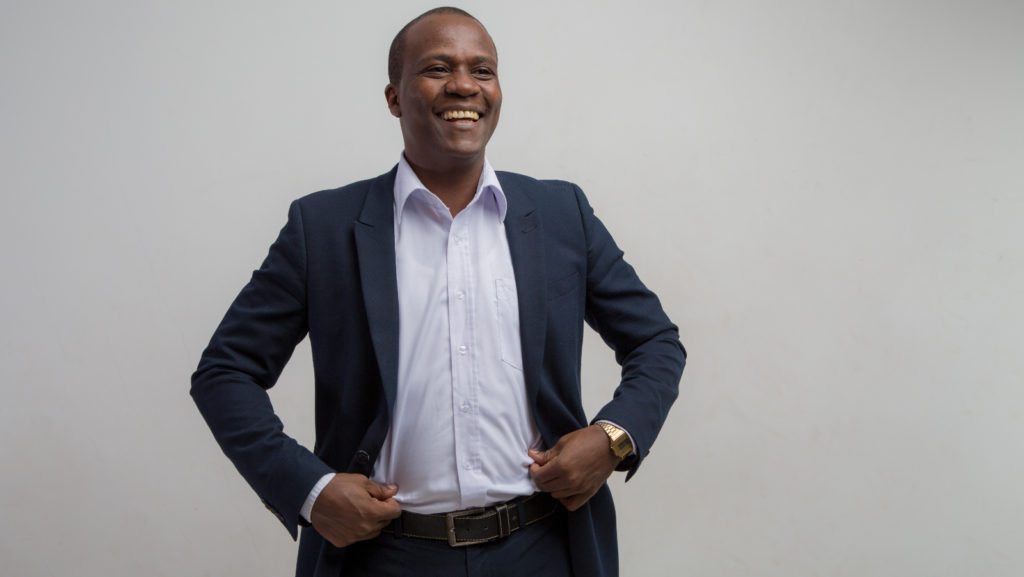In a pioneering effort to tackle South Africa’s growing digital divide, WeThinkCode_ and South Cape TVET College have partnered to roll out an 18-month…
Meet Smart Lab, Tanzania’s latest accelerator and innovation lab

Earlier this year, Smart Codes CEO and founder Edwin Bruno realised that there was something missing in Tanzania’s startup ecosystem — an accelerator that supported innovative university tech entrepreneurs and linked them with corporates.
“I saw a gap in the market for a different kind of lab in Tanzania that puts entrepreneurs at the forefront of corporates and gives educational institutions the support they need to grow the next generation of business superstars straight out of the lecture hall,” said Bruno.
The entrepreneur, who was one of Forbes Africa’s 30 under 30 in 2016, said he believed in the idea so much that he invested a significant amount (he does not want to disclose the exact amount) of his own money to get the concept off the ground. That’s how Tanzania’s latest accelerator, Smart Lab, was born.
Smart Lab was founded in February by Smart Codes CEO and founder Edwin Bruno
Bruno, who is also the Smart Lab CEO, launched the accelerator as a subsidiary of his startup — which developed award winning edtech app M-Paper — in February.
The accelerator links innovative Tanzanian university students who are looking to fund their startups with corporates in a bid to ensure that their business ideas become a success.
1/2 This is our new entrance for @SmartLab255 We are looking forward to feeding the startup ecosystem in its entirety from students, entrepreneurs, and educational institutions in Tanzania. I think Smart Lab can set a model for startup idea cultivation and execution in Africa… pic.twitter.com/UyojO21dgR
— Edwin (@iEdwn) September 15, 2018
“One problem Smart Lab solves is bridging the gap between the really cool ideas that come out of Tanzanian universities with funding and support from bigger corporations that can help them grow, ” Smart Lab representative Kagem Tibaijuka said in an email to Ventureburn last Friday (28 September).
One of Smart Lab’s flagship initiatives includes a roundtable with Tanzanian universities aimed at figuring out ways to collaborate to create effective programmes for students.
In addition, the initiative also aims to understand challenges facing students around taking their final year projects to market.
The latest roundtable was held in August with the participation of representatives from The University of Dar es Salaam, St. joseph University in Tanzania, and The Dar es Salaam Institute of Technology.
The corporates that are currently partnering with the accelerator include Vodacom Tanzania, Insignia and Precision Air.
The accelerator’s first cohort of three startups is set to graduate “in the coming two months”. Smart Lab would not disclose the name of these startups and what they are working on, with Bruno saying that the startups are “still internal” and that the information will be revealed at graduation.
The accelerator has plans to open its doors to Africans living outside of Tanzania, with Bruno stating that Smart Lab plans to “open to everyone across Africa”.
Featured image: Smart Lab CEO and founder Edwin Bruno (Supplied)


